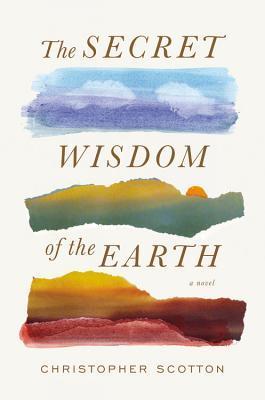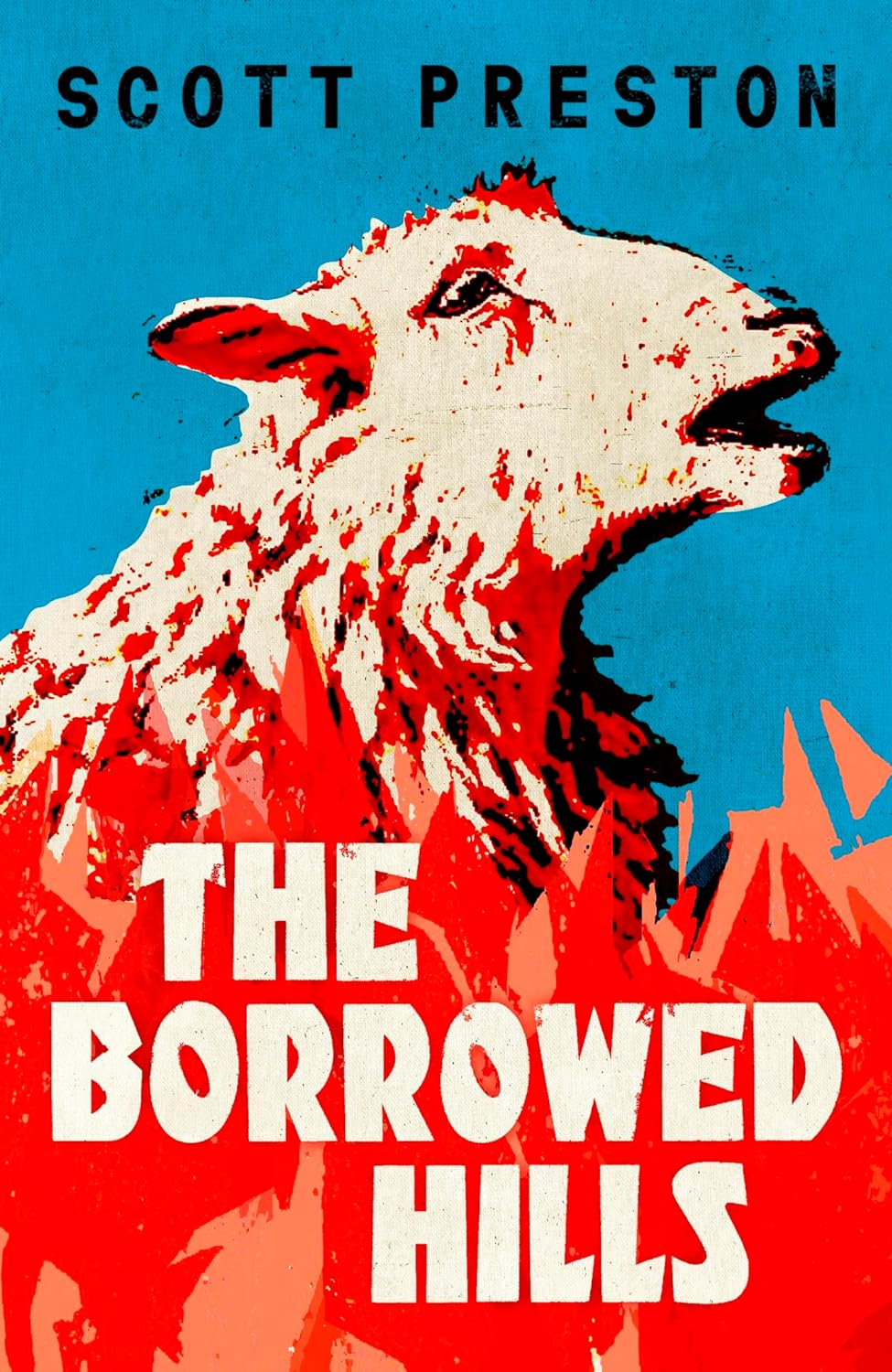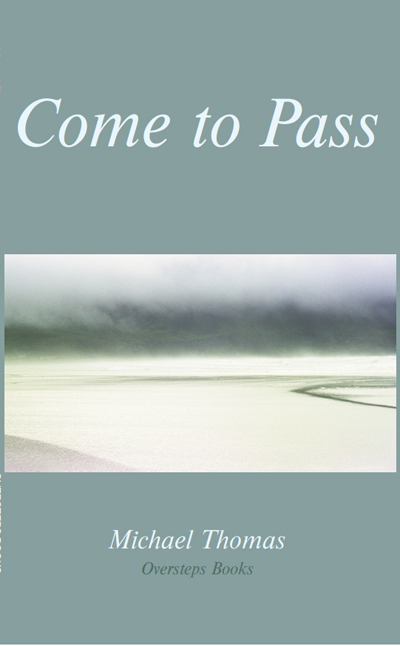
Macom Farm
Book Description
Beneath the idyllic beauty of Macom Farm lies a tempest of secrets and betrayals that could shatter everything. As summer whispers promises of new beginnings, the strain between generations erupts into a fierce battle over land, legacy, and love. Each character dances on the edge of hope and despair, their intertwined fates igniting wild passions and unearthing buried truths. The verdant fields become a battleground where old rivalries and new alliances threaten to consume them all. When the harvest comes, will they reap the fruits of their labor or the bitter consequences of their choices? How far will they go to protect what matters most?
Quick Book Summary
Macom Farm by Tom Baldwin is a sweeping novel set against the backdrop of a picturesque but deeply conflicted estate. The narrative unspools over a pivotal summer, as familial tensions flare between the older and younger generations. The struggle to control the future of the farm exposes long-buried secrets, betrayals, and desires, drawing everyone into a web of shifting alliances. As the characters grapple with the weight of legacy and the pull of new beginnings, each decision reverberates through the family and their community. The lush fields of Macom become a crucible for tests of loyalty, love, and moral conviction, culminating in a harrowing reckoning during the harvest. Ultimately, Baldwin crafts a moving meditation on the cost of protecting what we hold dear, and the sacrifices demanded by both tradition and change.
Summary of Key Ideas
Table of Contents
Intergenerational Conflict and Legacy
The heart of Macom Farm lies in the tense dynamics between generations. The elder Macoms are determined to preserve the farm as it has always been, rooted in tradition and family history. However, the younger generation, led by restless heirs and newcomers, challenges this vision, seeking innovation and freedom from ancestral burdens. Their opposing dreams collide over the summer, setting the stage for contentious debates and emotional showdowns that threaten the farm's future and the family's unity.
Secrets and Betrayal Uncovered
As the season progresses, a series of long-held secrets begin to surface, forcing the characters to confront uncomfortable truths. Hidden affairs, past betrayals, and unspoken regrets come to light, changing the relationships between siblings, parents, and outsiders alike. The unveiling of these secrets proves both destructive and liberating, as characters must reevaluate their loyalties and the narratives they have built around their lives and the land.
Love as Catalyst and Obstacle
Love in its many forms—romantic, filial, and platonic—serves as both balm and battleground. New alliances blossom amidst the tension, but existing relationships strain under the pressure of change and resentment. For some, the possibility of love offers hope for redemption and healing, while for others, it exacerbates wounds that refuse to heal. Through these emotional journeys, the story probes the ways love shapes and sometimes distorts our deepest choices.
The Emotional Meaning of Land and Home
The physical farm itself is more than just a setting; it symbolizes the dreams, disappointments, and ambitions of multiple characters. The fight over Macom Farm reflects their internal struggles, embodying themes of belonging, stewardship, and the passage of time. Arguments over land ownership and legacy echo broader questions about identity and home, drawing out the personal stakes each character invests in the soil they tend.
Forgiveness, Reckoning, and Renewal
In a dramatic and cathartic harvest, all threads converge in a reckoning that tests the characters’ capacity for forgiveness and transformation. The consequences of their actions—good and bad—come due, forcing painful admissions and moments of grace. Some characters find paths to reconciliation, while others must accept irreparable losses. Baldwin closes the novel on a note of hard-won renewal, suggesting that while the scars of the past linger, it is possible to plant seeds of hope for the future.
Download This Summary
Get a free PDF of this summary instantly — no email required.





